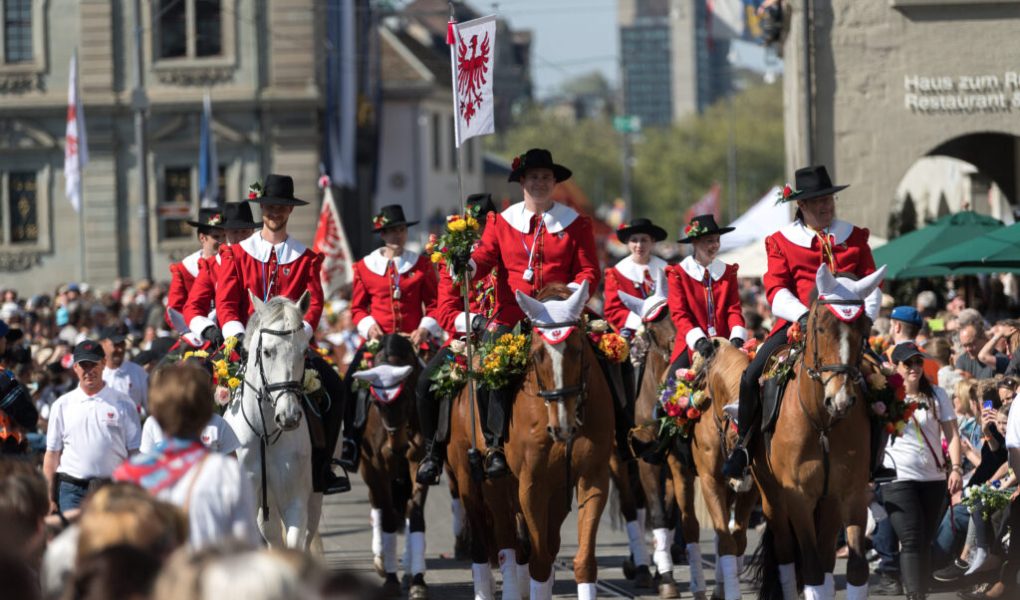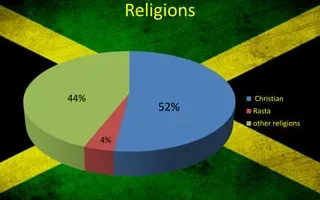ist-pasion.com – Switzerland, a country known for its stunning landscapes, precision timekeeping, and neutrality, also boasts a rich tapestry of cultural traditions woven into its public holidays. These holidays are not just days off from work; they are vibrant celebrations that reflect the country’s history, religious diversity, and regional identities. This article explores the key public holidays in Switzerland, each with its unique customs and significance.
New Year’s Day (January 1)
The year kicks off with New Year’s Day, a public holiday marked by fireworks, parties, and a traditional meal called “Raclette” or “Fondue” shared among friends and family. It’s a time for new beginnings and setting resolutions.
Berchtold’s Day (January 2)
Unique to Switzerland, Berchtold’s Day is celebrated on January 2. It commemorates Saint Berchtold, with people engaging in activities such as walking in the countryside, visiting friends, and enjoying a day of relaxation.
Good Friday (March/April)
Good Friday is a religious holiday observed by Christians, marking the crucifixion of Jesus Christ. It is a day of reflection and prayer, with many attending church services and processions.
Easter Sunday and Monday (March/April)
Easter is a moveable feast, celebrated on the first Sunday after the first full moon occurring on or after the vernal equinox. It marks the resurrection of Jesus Christ. Families gather for meals, and children participate in egg hunts, a tradition that has become popular across Switzerland.
Labor Day (May 1)
Labor Day, or May Day, is celebrated with parades, picnics, and political rallies. It’s a day that honors the workers’ movement and the social and economic achievements of workers.
Ascension Day (May/June)
Ascension Day, which falls 40 days after Easter, commemorates the ascension of Jesus Christ into heaven. It is marked by church services and family gatherings.
Whit Sunday and Whit Monday (May/June)
Also known as Pentecost, Whit Sunday and Monday come 50 days after Easter. They celebrate the descent of the Holy Spirit upon the disciples of Jesus Christ. It’s a time for religious services and family gatherings.
National Day (August 1)
Switzerland’s National Day, celebrated on August 1, commemorates the foundation of the Swiss Confederacy in 1291. It’s a day of patriotic pride, with parades, fireworks, and the hoisting of the Swiss flag.
Christmas Day (December 25)
Christmas Day is a religious holiday celebrating the birth of Jesus Christ. Families gather for meals, exchange gifts, and attend church services. It’s a time of joy and togetherness.
Boxing Day (December 26)
Boxing Day, the day after Christmas, is a public holiday in some Swiss cantons. It’s a day for spending time with family, relaxing, and enjoying the festive season.
Conclusion
Switzerland’s public holidays are a reflection of the country’s cultural diversity, religious traditions, and historical milestones. Each holiday, with its unique customs and celebrations, contributes to the rich tapestry of Swiss life. Whether through religious observance, national pride, or family gatherings, these holidays are an integral part of Switzerland’s identity, bringing people together in celebration and reflection.




